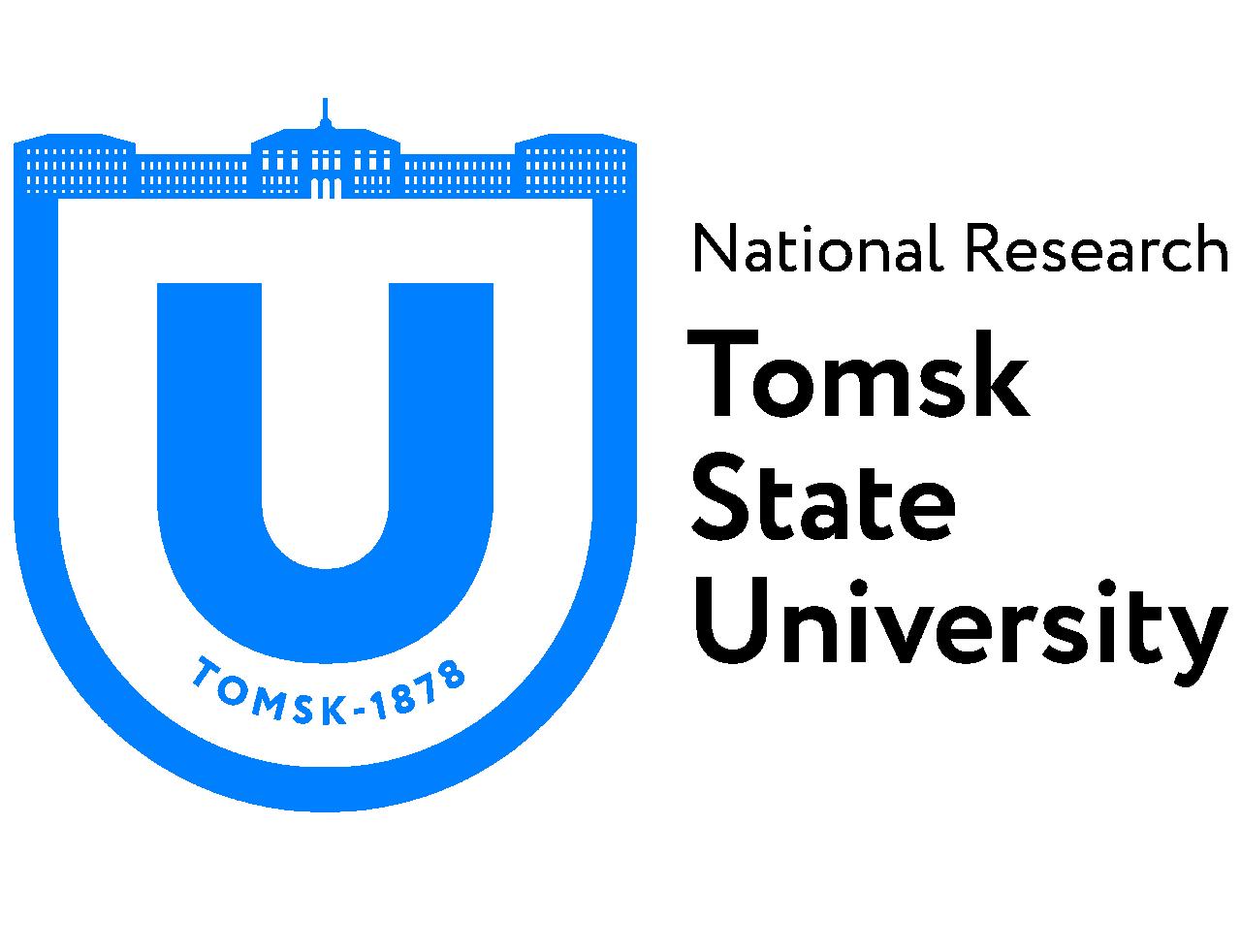Tomsk State University: TSU investigates how to lessen the stress from living online
The whole world is going digital, our lives are being transferred to online spaces, and many people feel more and more stressed by it. An interdisciplinary research team of TSU scientists is determined to figure out how stress forms and develop mechanisms of saving the nation’s mental and physical health.
“Total digitalization was accelerated by the pandemic,” – explained Leonid Kapilevich, one of the researchers, head of the Department of Sport and Wellness Outdoor Tourism, Sports Physiology and Medicine. “A virtual sphere is formed and lives by its own laws, and influences ‘the real world’ more and more. The deeper we go into the digital world, the more often we have to cross the boundary between the real and the virtual, and the deeper we go, the more stressful each crossing gets.”
The researchers compare crossing the border between the virtual and the real with changing climate zones or going from a high to a low altitude environment. If a person who lives in the valley climbs a mountain, the body will need some time to adjust, and if it happens often, the body can’t adjust in time. It affects the cardiovascular, respiratory, and nervous systems.
The same situation happens when a person crosses the border between two realities, but this time the strain is more mental than physical. Physical problems appear with time too: eyesight gets worse, the musculoskeletal system does not function properly. Scientists think that this trend will only grow.
“Our transfer into the digital economy and online education inevitably led us to spend more time in the virtual space,” says Leonid Kapilevich. “The internet is our new reality. Whether we want it or not, we live now in several work- or study-related chats, sometimes confusing them. We are flooded with information. It becomes harder and harder to find a balance between the real world and online.”
Students are now introduced to the digital environment right away: some courses are online, some tasks are in Moodle. At university, students can gain not only new skills and knowledge but also health problems. Communication gets more difficult too because people are not used to talking “live”.
The goal of the research is to study mechanisms of interconnected relationships between the real world, the virtual world, and a person’s physical and mental state as well as cognitive functions and communicative skills. The results of this research could become a foundation for developing approaches for the person adjusting in two environments and crossing the border between them.
“TSU is planning to build a large-scale interuniversity campus, and these technologies will be vital,” says Dmitry Balanev, dean of the Faculty of Psychology. “It is important that the person graduating from our university will not only be a professional in some field, but also a person with the right mindset and lifestyle, including self-care skills.”
TSU scientists have done preliminary work for new research. Previously they studied how physical exercise affects the cognitive functions of sportspeople, how people behave in internet spaces, and whether or not spending a lot of time online is bad for your mental health.

